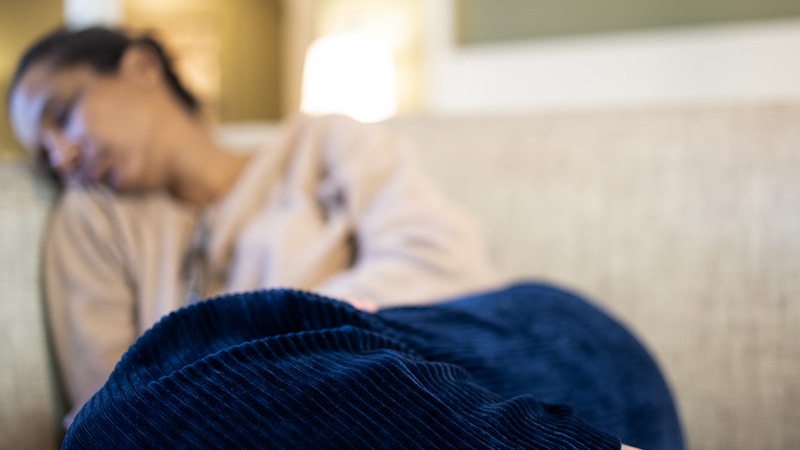Sly Saint
Senior Member (Voting Rights)
When Brazilian scientist Letícia Soares contracted COVID-19 in April 2020, she was in the final stretch of her postdoctoral studies in disease ecology at a Canadian university. By August, she was bedbound.
What began as piercing migraines quickly escalated into a cascade of long COVID symptoms — gastrointestinal distress, sleeplessness, joint and muscle pain, and crushing fatigue. For Soares and many other women with long COVID, it also included sudden menstrual changes that exacerbated her other symptoms.
“It just baffled me,” said Soares, now 40. “It was debilitating.”
Before COVID, she had a stable, predictable cycle while using a hormonal IUD — light cramping, mild abdominal swelling, and consistent, manageable bleeding. Then, after her infection, her period disappeared entirely. A couple of years later, the pattern reversed: prolonged, heavy bleeding returned, compounding her long COVID symptoms and triggering severe crashes from post-exertional malaise — one of the hallmarks of myalgic encephalomyelitis/chronic fatigue syndrome (ME/CFS), a condition linked to post-viral illness.
Cases like Soares’s are leading scientists to spend more time trying to understand the biologic sex disparity in chronic illnesses such as long COVID that initially had all but been ignored. New research from the National Institutes of Health RECOVER initiative, the largest observational study to date, confirms what many have long suspected: Women face a significantly higher risk of developing long COVID than men. While men are more likely to experience severe acute illness and higher mortality, growing evidence suggests women are more vulnerable to chronic symptoms.
Published in JAMA Network Open, the study analyzed data from over 12,200 participants who had been infected by COVID between 2021 and 2024. Even after adjusting for clinical and demographic factors, women had a 31%-44% higher likelihood of developing long COVID than men. The risk was especially pronounced among nonpregnant, nonmenopausal participants

Long COVID Rates Higher in Women: Evidence Grows
New research shows long COVID strikes more women than men, illuminating more clues to how the illness works.

